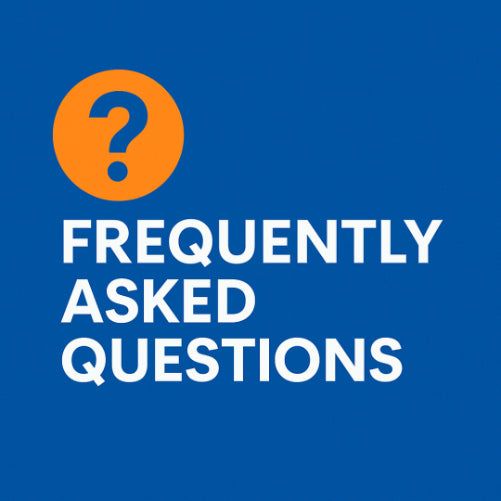Avansa Record Room Doors for African Businesses
Sensitive files invite breaches. Security doors control access and meet compliance requirements.
Filter and sort
Record Room Doors will safeguard your company’s confidential files, financial records, and archives. Engineered for the highest levels of security, these doors offer fire and burglary resistance—keeping sensitive documents safe from theft, unauthorised access, and disasters. Trusted by banks, corporates, law firms, and government departments across Southern Africa, Avansa Record Room Doors set the standard for document room protection.
Why Choose Avansa Record Room Doors?
- SABS Compliant: Meets or exceeds South African Bureau of Standards for secure document storage.
- Fire & Burglar Resistant: Heavy-duty steel, fireproof cores, and reinforced locking systems.
- Custom Sizes & Configurations: Single, double, and extra-large door options for all record room types.
- Advanced Access Control: Choose from key, digital, or biometric locking systems.
- Professional Installation: Expert fitting with minimal business disruption.
- Proven Track Record: Chosen by leading SA businesses, banks, and public institutions.
Avansa’s record room doors are the trusted solution for organisations across Southern Africa that need to secure sensitive documents and critical records. Clients often report how our robust, tamper-resistant doors have protected their archives from unauthorised access and environmental risks—one government department noted improved compliance and peace of mind after installing Avansa record room doors. With deep expertise in secure facility solutions and regulatory standards, our team provides expert advice and professional installation to help you safeguard vital information and maintain the integrity of your record storage areas.
Key Features
🔐 Multi-point, tamper-resistant locking mechanisms
🔥 Fire-rated for document protection
🛡️ Anti-pry hinges and reinforced frames
📦 Available with vision panels and custom finishes
🚚 Fast delivery and nationwide installation
Applications
- Banking & Financial Institutions: Secure storage for sensitive client and transactional records.
- Corporate Offices & Law Firms: Protect contracts, HR files, and legal archives.
- Government Departments: Compliance with regulatory requirements for public records.
- Medical & Educational Facilities: Safe storage of patient files and student records.
Trusted By
Avansa Record Room Doors are trusted by South Africa’s top banks, corporates, law firms, and government agencies for long-term document security.
Why You Need an Avansa Record Room Door
1. Protect Sensitive Information
Avansa record room doors are built to safeguard confidential information, such as personal data, financial records, and proprietary business documents. These doors provide a reliable barrier against unauthorised access, ensuring your records remain secure.
2. Fireproof Doors for Added Protection
Environmental hazards like fire and water damage pose a significant risk to important documents. Avansa’s fireproof doors are designed to withstand high temperatures and offer additional protection, ensuring your records are safe even in unforeseen disasters.
3. Compliance with Data Protection Laws
In Africa, regulations such as South Africa’s Protection of Personal Information Act (POPIA) require businesses to take robust security measures to protect sensitive data. Avansa record room doors help organisations meet these legal requirements, providing peace of mind and regulatory compliance.
4. Deterring Crime
The security features of Avansa doors, including reinforced steel construction and advanced locking mechanisms, act as a strong deterrent against theft or tampering. Whether you’re securing a small office or a large storage facility, Avansa doors provide robust protection.
Frequently Asked Questions
Are Avansa record room doors fireproof?
Yes, selected models are fire-rated to protect documents during fire emergencies.
Can I upgrade my existing archive room door?
Absolutely. Avansa offers custom retrofits to replace or upgrade existing doors.
What access control options are available?
Doors can be fitted with key locks, digital keypads, or biometric systems as needed.
How do I know which door is right for my needs?
Our security consultants offer free risk assessments and recommendations based on your archive’s size, location, and compliance needs.
Protect your archives and sensitive documents—contact Avansa for a tailored quote or free consultation on record room door solutions.
Explore our range today and invest in the safety and security of your business.

Frequently Asked Questions
What is the best way to secure business documents?
What features should a secure record room door include?
Are record room doors fire-rated?
What is a record room door?




